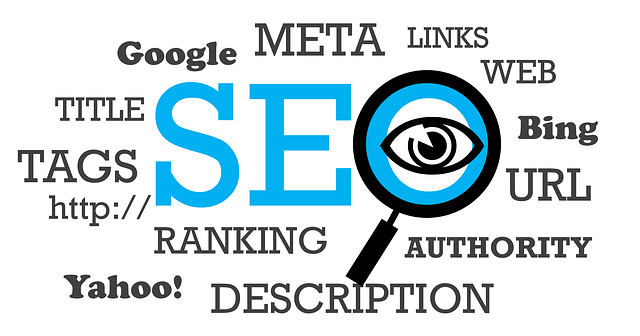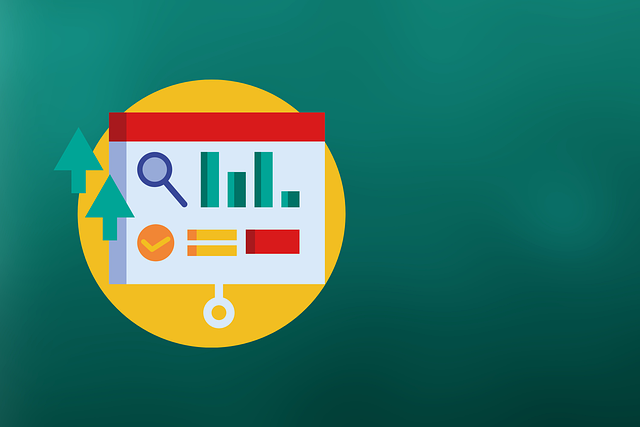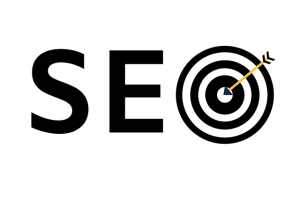In today's digital age, Professional SEO Programs are essential for universities aiming to boost online presence and attract diverse student bodies globally. These programs focus on structured learning paths for optimizing websites, keyword research using tools like Google Keyword Planner or SEMrush, on-page optimization for targeted keywords, and structured data markup. Competitor analysis, manual audits, and data-driven strategies enhance website authority and visibility through high-quality backlinks, guest blogging, social media engagement, and influencer outreach. After a thorough SEO audit, practical strategies are implemented, followed by measuring success using KPIs like organic traffic growth, keyword rankings, and user behavior insights from tools like Google Analytics and Search Console.
“Unleash the power of SEO with our comprehensive guide, ‘SEO Audit University’. In today’s digital landscape, online visibility is key, and understanding Search Engine Optimization (SEO) is crucial for any university looking to attract students. This article explores the intricate world of SEO, offering insights into its impact on online presence. We delve into the essential role of a strategic audit, guiding you through key components of professional SEO programs. From identifying on-page issues to off-page link building and competitor analysis, we equip you with tools and techniques for successful optimization, ensuring your university’s online prominence.”
Understanding SEO and its Impact on Online Visibility

In today’s digital era, understanding Search Engine Optimization (SEO) is paramount for any institution or individual aiming to enhance their online visibility. SEO is a strategic process designed to improve a website’s ranking on search engine results pages (SERPs), thereby increasing organic traffic and reach. By implementing effective SEO tactics, universities can ensure their websites are not just seen but also readily accessible to prospective students, faculty, and partners globally. This is where professional SEO programs step in, offering structured learning paths to equip individuals with the skills needed to navigate this ever-evolving landscape.
The impact of SEO on university visibility is profound. A well-optimized website can attract a significant number of potential users, from students searching for their dream programs to researchers looking for collaboration opportunities. By optimizing content, structuring websites efficiently, and leveraging relevant keywords, universities can establish themselves as authority figures in their respective fields, fostering growth and engagement. Thus, investing in professional SEO programs is a strategic move that can drive institutional success in the competitive online realm.
The Role of a Comprehensive SEO Audit

A comprehensive SEO audit is an essential step for any university looking to enhance its online visibility and attract a wider student body. It serves as a thorough review of a website’s performance, offering valuable insights into its strength and weaknesses in the digital realm. By conducting such an audit, universities can uncover hidden opportunities to optimize their online presence, ensuring they stand out in a competitive market.
This process involves evaluating various factors, from keyword usage and on-page optimization to technical aspects like site speed and mobile responsiveness. Professional SEO programs provide structured frameworks to navigate these complexities, enabling institutions to make data-driven decisions. Ultimately, a well-executed audit paves the way for implementing effective strategies, thereby improving search engine rankings and drawing in potential applicants globally.
Key Components of a Professional SEO Program

A professional SEO program is an integral part of any modern university’s digital strategy, aiming to enhance online visibility and attract a larger student body. The key components include keyword research, where identifying relevant search terms specific to education and university-related queries is vital for optimal ranking. This involves in-depth analysis using tools like Google Keyword Planner or SEMrush to understand search volume and competition.
Additionally, on-page optimization is crucial. It entails optimizing website content, titles, meta descriptions, and header tags with targeted keywords while maintaining readability and relevance. Structured data markup also plays a significant role in helping search engines understand the content better, resulting in improved click-through rates and potentially higher rankings.
Identifying On-Page SEO Issues: A Deep Dive

University students aspiring to become digital marketers or join professional SEO programs should understand the intricacies of on-page SEO. Identifying issues within a website’s content, structure, and code is a critical step in any SEO audit. By delving into the specifics of each webpage, one can uncover potential problems that hinder search engine visibility. These might include poorly optimized meta titles and descriptions, irrelevant or low-quality content, incorrect header tags, or non-semantic HTML markup.
A thorough analysis involves checking for keyword optimization strategies, ensuring each page has a clear focus and relevant keywords throughout the copy. Additionally, evaluating URL structures, image alt tags, internal linking patterns, and mobile responsiveness are essential components of on-page SEO. Addressing these issues is fundamental to improving search engine rankings and providing an enhanced user experience, which are key objectives for any digital marketing strategy.
Off-Page SEO Strategies for Effective Link Building

Off-page SEO involves strategies that occur outside of your website, focusing on building high-quality backlinks to enhance your site’s authority and visibility. One powerful approach is guest blogging, where you contribute articles to reputable websites in your niche. This not only exposes your expertise but also earns you valuable backlinks. Another effective method is social media engagement; by actively participating in relevant online communities, you can drive traffic and potential links back to your site. Influencer outreach is another potent tactic, collaborating with industry influencers to promote your content and gain exposure from their engaged audiences.
Professional SEO programs often emphasize the importance of these off-page techniques as they contribute significantly to search engine rankings. Building a robust link profile signals to search engines that your website is an authoritative resource, worthy of a higher ranking. Remember, quality over quantity; relevant, high-authority backlinks carry more weight than numerous links from low-quality sources.
Analyzing Competitors: Unlocking Secret SEO Tactics

Analyzing competitors is a crucial step in any successful SEO strategy, especially for students aspiring to excel in professional SEO programs. By studying what your rivals are doing, you can unlock valuable insights into their secret SEO tactics. This process involves researching their website structure, content strategies, keyword usage, and backlink profiles. Tools like Google Search Console and SEMrush can provide data on the keywords driving traffic to competitor sites, helping you identify gaps in your own strategy.
Understanding these tactics allows students to gain an edge in the digital marketing landscape. They can learn from successful competitors, adapt effective strategies, and develop innovative solutions. This competitive analysis is a powerful way to refine SEO skills, ensuring that aspiring professionals are equipped with the knowledge to outperform their peers and excel in their chosen field.
Tools and Techniques for Advanced SEO Audits

In the realm of advanced SEO audits, professionals leverage a multitude of tools and techniques to gain comprehensive insights into website performance. One of the cornerstones is leveraging professional SEO programs like SEMrush, Ahrefs, or Moz, which offer robust features for keyword research, backlink analysis, and on-page optimization. These tools provide data-driven insights that help identify areas for improvement, from optimizing meta tags and headers to enhancing site speed and mobile usability.
Additionally, manual audits play a pivotal role in uncovering intricate issues not readily apparent through automated tools. This involves scrutinizing website architecture, internal linking structures, and content quality. Manual testing also ensures that technical SEO aspects like XML sitemaps, robots.txt files, and schema markup are accurately implemented, thereby enhancing the site’s visibility and accessibility to search engines.
Creating an Actionable SEO Strategy Post-Audit

After conducting a comprehensive SEO audit, the next step is to transform insights into actionable strategies. This involves identifying areas that require optimization and developing tailored plans to enhance online visibility. A professional SEO program offers valuable guidance in this process, ensuring each aspect of your website is optimized for search engines.
The strategy should be data-driven, focusing on keywords with high search potential, improving site speed, enhancing user experience, and earning quality backlinks. By implementing these changes and continuously monitoring performance, universities can significantly improve their online presence, attracting more prospective students and fostering a vibrant digital community.
Measuring Success: Tracking SEO Audit Results

Measuring success is a crucial step after conducting an SEO audit, especially for those enrolled in professional SEO programs. By tracking the results, marketing professionals can assess the effectiveness of implemented strategies and make data-driven decisions for future optimization. Various key performance indicators (KPIs) can be employed to gauge progress, such as organic traffic growth, keyword rankings, click-through rates (CTRs), and bounce rates.
Regularly monitoring these metrics allows for a comprehensive understanding of the impact made through SEO efforts. Tools like Google Analytics and Search Console are invaluable resources for tracking keyword rankings and analyzing user behavior on a website. This data can then be compared against industry benchmarks to identify areas where the university’s online presence excels or requires additional optimization, ensuring continuous improvement in search engine visibility.
